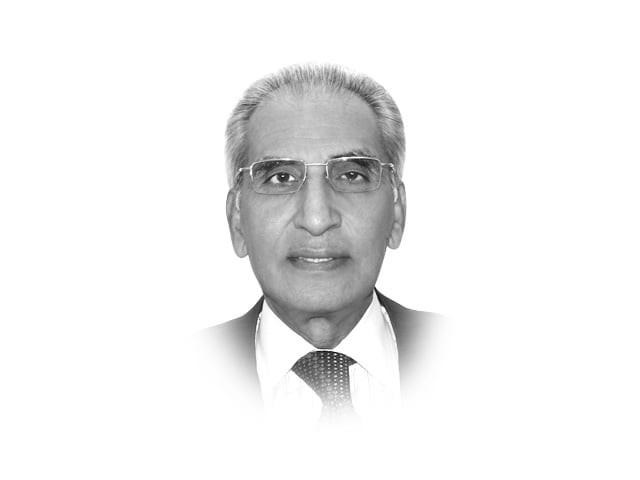Arab Spring and American autumn
The ‘Occupy Wall Street’ protests began with small numbers in Manhattan, so symbolic of American capitalism.

Arab Spring and American autumn
Sitting this past weekend on the tranquil shores of the Bosphorus, one could not but speculate where this Arab ‘virus’ would travel next. Coincidentally, just when the West was celebrating the Libyan strongman’s demise, the US Congress was rejecting President Barack Obama’s modest job creation programmes. And some American cities were forcibly evicting peaceful citizens protesting widespread corruption and laissez-faire economic policies that have left millions in dire straits.
The ‘Occupy Wall Street’ protests began with small numbers in a small corner of Manhattan, so symbolic of American capitalism. Though leaderless and disorganised, they have nevertheless struck a deep chord with many ordinary Americans, which explains the hysterical reaction in the business community and sections of the Republican Party, with some characterising them as anarchists and as ‘anti-Americans waging class warfare’.
Such reactions may sound surprising, especially in light of the oft-repeated claim that the ‘pursuit of happiness’ through justice and fair play is at the core of the American psyche. The reality, however, is far more nuanced with greed and avarice of the rich, camouflaged in the rhetoric of a ‘level playing field’ and ‘keeping governments out of our lives’. This explains why even President Obama’s mild criticism of the super rich, led to his him being denounced as a ‘socialist’ (a four letter word in the US), while his efforts to make the corporate barons pay more taxes than paid by their own employees led to the chairman of the Blackstone Group comparing the measure to Hitler’s invasion of Poland!
Wall Street tycoons know their position is morally untenable and legally questionable, especially as many of the financial institutions have engaged in less than ethical practices that included seeking billions from the government for bailouts, while dishing out hundreds of millions as bonuses to themselves. But what makes all this possible is that they have the support of the nation’s legislators, who have been beneficiaries of their generous largesse, which led one senator to remark that the financial institutions “frankly own Congress”.
Given the insatiable greed of big business and colossal follies of political leaders, the anger is deep and frustration widespread, but the protesters are unlikely to pose a major challenge to the existing order, unless they can be coalesced around a galvanising personality or a captivating programme. Neither is in sight, but with key Republicans having scorned the protesters, many Democrats have urged President Obama to see them as his natural allies, sharing as they do many of his views about American business practices. Others, however, counsel caution, pointing out that America’s state structures and institutions are much too strong to be influenced by a few thousand disgruntled citizens, particularly as the overwhelming majority continues to believe in the American dream.
Nevertheless, the protesters are not a fringe group, nor their spontaneous action merely a passing fancy. Instead, it is evidence of a powerful global movement that reflects growing disenchantment with the consumer-oriented, unbridled capitalist system which has no interest in, nor concern for, the poor and underprivileged; a view which finds confirmation in the writings of many leading economists, environmentalists and social scientists. While Paul Volcker, former chairman of the Federal Reserve, has called for tougher capital requirements, smaller financial institutions and an end to government-backed mortgages, Paul Gilding argues in his book The Great Disruption (2011) that today’s widely accepted systems and concepts have lost their effectiveness and credibility, particularly as none of the promises of globalisation have been met. This leads him to believe that the protests will give birth to ‘transformational economic and social change’. Whatever its end, there is no doubt that the sentiments expressed by the demonstrators will surely have an impact on the American political landscape.
Published in The Express Tribune, November 2nd, 2011.















COMMENTS
Comments are moderated and generally will be posted if they are on-topic and not abusive.
For more information, please see our Comments FAQ